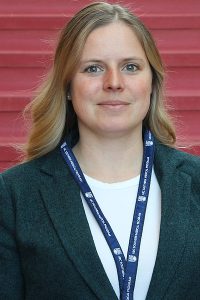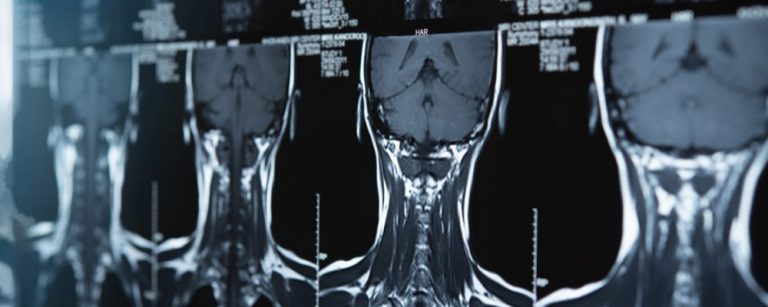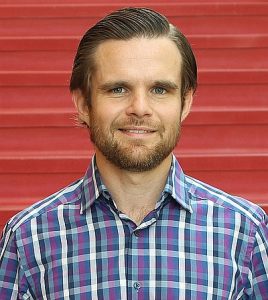
Incubator program partners clinicians and allied health professionals with researchers at UBC Okanagan
From enhancing primary care for cancer patients to monitoring compliance with screening guidelines for cervical and breast cancer, researchers and students at UBC Okanagan have combined forces with health care professionals to tackle current and emerging health care challenges.
The new collaborations are a direct result of the Clinical Research and Quality Improvement (QI) Incubator, a partnership with the Centre for Chronic Disease Prevention and Management (CCDPM) and Interior Health (IH). The program is aimed at developing and implementing real world solutions that directly support health service delivery and patient care in the IH region and across the province.
“We’ve had tremendous engagement from clinicians and allied health professionals in formulating clinical research questions,” says Dr. Kathleen Martin Ginis, CCDPM Director and Professor at UBC Okanagan. “The projects have also created opportunities for medical, graduate, and undergraduate students to immerse themselves in research that can significantly impact patient care.”
After the initial call for submissions, the following six Incubator projects are currently underway:
(1) Evaluating the effectiveness of Nabilone (Synthetic THC) for long-term care patients
Clinician Lead: Dr. Michael Koss, family physician; Investigator: Dr. Chris West
(2) Primary care dietary intervention for improved metabolic outcomes
Clinician Lead: Dr. Janet Evans, family physician, Heidi Howay, registered nurse; Investigator: Dr. Brodie Sakakibara
(3) Measuring the impact of changes in cervical cancer screening guidelines on compliance to breast cancer screening guidelines
Clinician Lead: Dr. Gayle Klammer, family physician; Investigator: Dr. Kathleen Martin Ginis
(4) What Can Parents Teach Us About Routine Growth Monitoring in Infancy?
Clinician Lead: Dr. Ilona Hale, family physician, Stephanie Obara, registered nurse; Investigator: Dr. Christine Voss
(5) Towards an optimal integration of family physicians into the post-cancer treatment pathway in BC’s interior: challenges, research priorities and solutions
Clinician Lead: Dr. Siavash Atrchian, oncologist, BC Cancer; Investigator: Dr. Christine Voss
(6) Pediatric Diabetes Care in the Interior Health region
Clinician Lead: Dr. Tom Warshawski, Interior Health Medical Director for Child and Youth); Investigator: Dr. Christine Voss
“The program has helped us to investigate pertinent clinical questions, despite a lack of time and resources,” says Dr. Gayle Klammer, Affiliate Clinician with the CCDPM. “The results from these studies will inevitably guide our approach to patient care and improve outcomes.”
Martin Ginis highlights the tremendous support from the health care community and program partners for the Incubator’s early success. The preliminary work from each project was recently presented by students at the virtual UBC Okanagan Interdisciplinary Student Health Conference hosted by the Southern Medical Program.
The CCDPM anticipates the next call for projects will be held when normal research operations resume. For more information, visit the Incubator webpage.
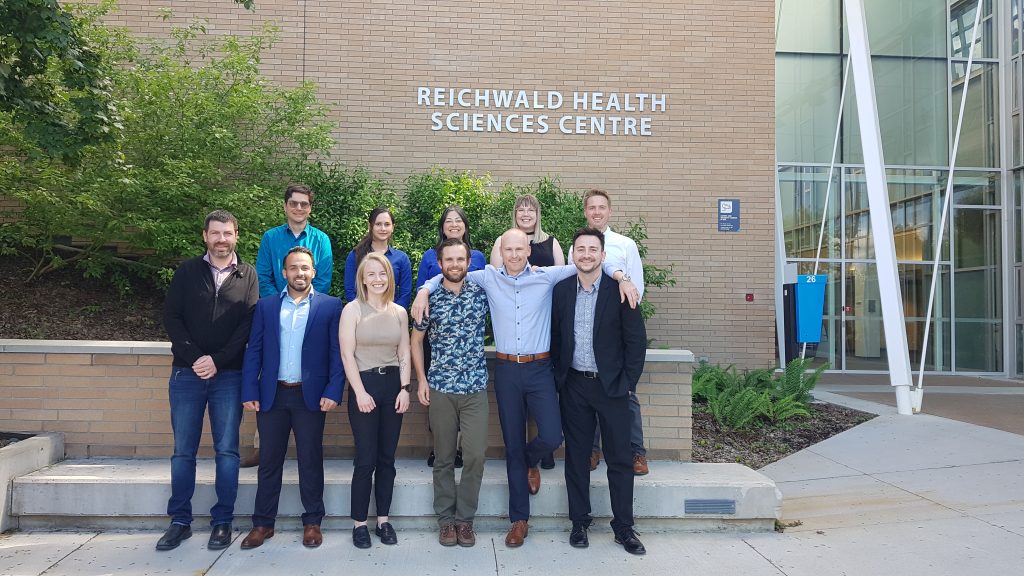




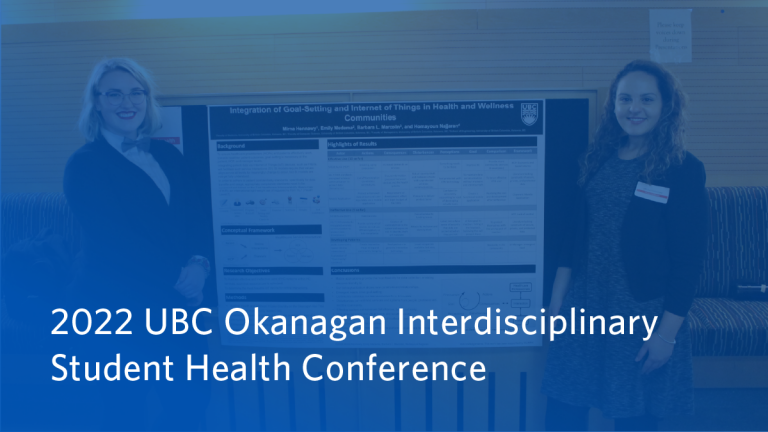
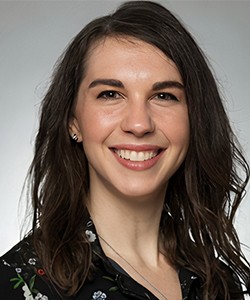 Dr. Sarah Purcell has been appointed Assistant Professor with the UBC Faculty of Medicine Department of Medicine, Division of Endocrinology and Metabolism and UBC Okanagan Faculty of Science, Department of Biology effective January 1, 2022. Dr. Purcell will serve as an Investigator with the Centre for Chronic Disease Prevention and Management (CCDPM) based at UBC Okanagan.
Dr. Sarah Purcell has been appointed Assistant Professor with the UBC Faculty of Medicine Department of Medicine, Division of Endocrinology and Metabolism and UBC Okanagan Faculty of Science, Department of Biology effective January 1, 2022. Dr. Purcell will serve as an Investigator with the Centre for Chronic Disease Prevention and Management (CCDPM) based at UBC Okanagan. In British Columbia, large rehabilitation centers that provide ongoing care for individuals with spinal cord injury (SCI) are in Vancouver. However, many individuals with SCI live outside of the lower mainland. Since local factors are known to play a role in care delivery it is anticipated that individuals with SCI living in the Interior of BC may face unique challenges for managing their health.
In British Columbia, large rehabilitation centers that provide ongoing care for individuals with spinal cord injury (SCI) are in Vancouver. However, many individuals with SCI live outside of the lower mainland. Since local factors are known to play a role in care delivery it is anticipated that individuals with SCI living in the Interior of BC may face unique challenges for managing their health.